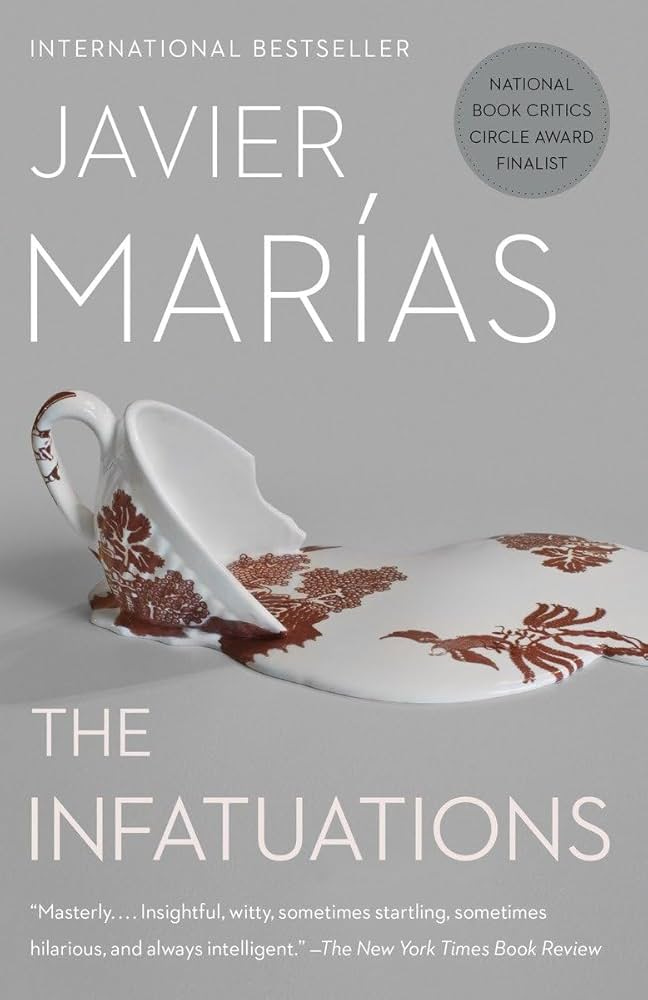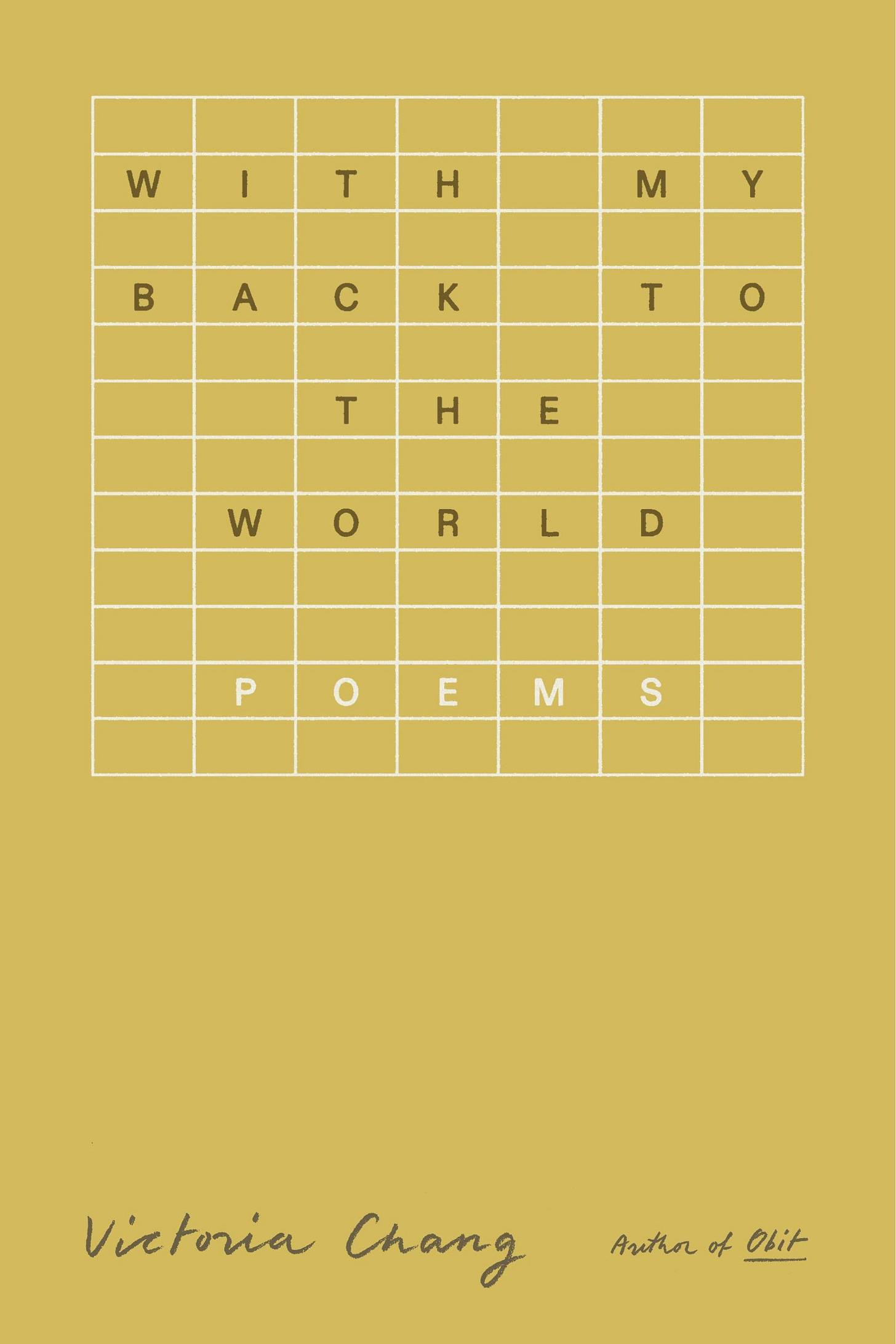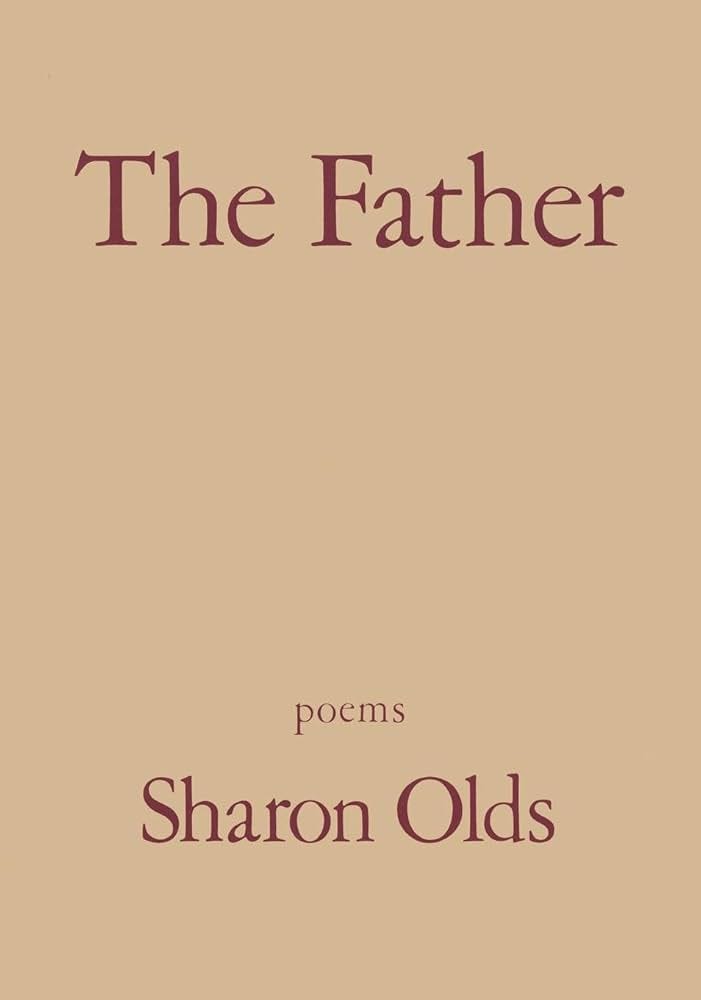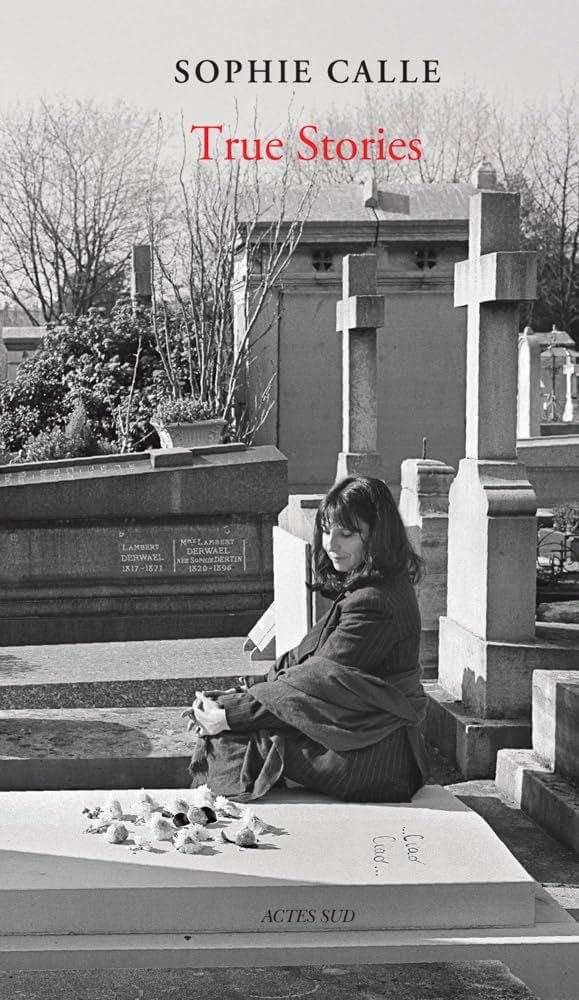Hometown Hero #3: Book Recs of the Year (So Far)
It’s the end of February, so I thought this would be a good moment to reflect on what I’ve read over the last two months. I’m currently taking a course at school on art writing, everything from ekphrastic poetry to artists’ memoirs. I’ve noticed some of my own recreational reading habits mirroring the content of the course, whether that’s intentional or not. I also discovered a love for Deborah Levy (she accounts for 6 of my 2025 reads so far), but there’s one that truly cracked me open (remember Kafka’s “axe” from last time?) that I elaborate on below.
I have been trying (and often failing) to start the morning with a book instead of my phone, and when I do succeed in this endeavor, I attune myself to the day in a much more thoughtful way than when I exit a dreamscape into a doomscroll. This is something I want to get better at this year.
I also have appreciated listening to certain books when I’m walking to and from the train. I had never really been an audiobook person until I found myself on a solo Europe trip last year, depressed and terrified of the unbearably loud bad thoughts. I put on Murakami’s Killing Commendatore as I walked around London and Copenhagen, which proved to be a necessary and immersive distraction. Since then, I’ve been working on developing a healthier relationship with audiobooks. These days, I try to be very strategic about what I listen to. I’ve noticed I gravitate towards more science and philosophical texts, and I especially love if I get to hear the book read in the writer’s voice. I used to believe stubbornly in the physical copy, convinced that was the only thing that constituted a full reading experience. But now that I have so much walking time, I’ve come around to it, and I enjoy being immersed in someone else’s words (so I don’t have to replay my own cerebral nonsense!).
I’ve also been curious to hear about people’s reading habits while they are working on a big project. Do you find that it helps enhance the project? Or do you prefer to only read materials that directly relate to the project? Or to simply not read at all while producing work? I haven’t landed on an exact approach yet. I think I fall into the camp that still enjoys consuming a lot of books while working on my own, but I want to hear about other people’s processes. I know musicians who feel as though they cannot listen to any other music while they’re making a record, yet others who love to be constantly surrounded by sonic inspirations.
And P.S. - support your local bookstores, please! My favorites here in NY are Aeon Books, Unnameable Books, my neighborhood spot Lofty Pigeon Books, and Greenlight Bookstore.
Here are a few recommendations from my January/February reading:
1) The Man Who Saw Everything, Deborah Levy: As mentioned above, there was one Levy that stood out to me of the six I’ve read so far. The Man Who Saw Everything is a novel in two parts, with a second part no reader can anticipate. It tells the story of Saul Adler, a historian invited to conduct research in Communist East Berlin, and it is also Abbey Road (the place) and Abbey Road (the album), photography, illness, memory, and so much more (I am trying to circumvent spoilers here). Her writing is so precise and imaginative and I’m totally enamored by the way she describes even the smallest visual details.
2) The Infatuations, Javier Marías (trans. Margaret Jull Costa): This is the book I entered into 2025 reading, given to me by my friend Evan (because Ben Lerner recommended it in an interview, of course). This is a book you get lost in, in a good way. The novel follows a young woman trying to piece together the death (murder?) of a man she only knows as a daily fellow café patron. What fascinated me about the writing of this book is that the protagonist will often spiral into elaborate hypotheticals/theories for pages at a time, so convincing you almost forget you’re in an imaginary sequence, not a concrete scene.
3) This is Your Mind on Plants, Michael Pollan: I’ve been listening to Michael Pollan read this book, and I love how passionately and animatedly he reports his findings on opium, caffeine, and mescaline. I read his book How to Change Your Mind last year, which I also cannot recommend enough if you’re interested in psychedelic therapy. I find his writing to be equal parts accessible and complexly-layered. As someone who does not have a scientific bone in their body, I still am able to take great enjoyment from his writing while learning a whole lot. This one is for people interested in plant medicine and brain chemistry.
4) With My Back to the World, Victoria Chang: This was a book I read for the aforementioned course at school. With My Back to the World is an ekphrastic poetry collection written in response to Agnes Martin’s work. But what makes it so special is that Chang expertly uses Martin as a catalyst for analyzing grief and depression, always coming back to the visual work as an anchor. I really enjoyed getting to cross reference the paintings with Chang’s poems, especially when the painting in relation to the text surprised me. Chang also plays with texture throughout the collection, showing how a poem started handwritten, cut up and pieced together, crossed out, drawn over.
5) The Father, Sharon Olds: I hate to be so colloquial when discussing literature, but this woman can do absolutely no wrong in my book (!). Pick up any Sharon Olds collections if you can. I’ve been trying to make my way through them all and I think I’ve almost completely the oeuvre. This one is all about her father’s passing and handles grief so intimately; she is not afraid to explore all the bizarre sensations that arise during a period of mourning. I am a sucker for poetry collections that explicate one topic, that draw a narrative arc across poems.
6) True Stories, Sophie Calle (trans. Anthony Allen and Hanford Woods): This was another from the syllabus. During our Sophie Calle week, we read this and Suite Vénitienne (which I also recommend; there’s a free pdf online). If you’re interested in books that marry text and images, Calle write these succinct, one-paragraph short stories/snapshots (remember Kafka’s “The Street Window” from Sunday?), paired with her own photographs. Sometimes the image is a literal representation of the written commentary; sometimes the image is more of an interpretation of a symbol. Like Kafka, Calle shows that you really don’t need more than a few sentences to generate a complete narrative.
Some upcoming gigs and misc things:
The next gig is at The Owl on 3/29 with Will Stratton and The Bird Calls. 7:30pm doors. It’s a first come, first serve kind of vibe, so come early.
I am also playing at Purgatory on 4/6 for their Film For Good series.
I was recently on The Fretboard Journal podcast as both a guest and a host, where I interviewed my friend Renny Conti.
I have a story in the latest print issue of FJ, an interview with Adrianne Lenker, which can be purchased online by subscribing to the mag, or in select bookstores and guitar shops.
For today’s writing prompt:
In 1969, Georges Perec published A Void, a book that never uses the letter “e”. Even more impressive, the English translation also does away with the letter. Pick a letter, and commit to not using it as you write a short reflection of your week. You’ll notice that this obstacle will make you think a lot about diction and synonyms. Writing with constraints can be a really great way to break your typical writing patterns.






![This Is Your Mind on Plants [Book] This Is Your Mind on Plants [Book]](https://substackcdn.com/image/fetch/$s_!PnV3!,w_1456,c_limit,f_auto,q_auto:good,fl_progressive:steep/https%3A%2F%2Fsubstack-post-media.s3.amazonaws.com%2Fpublic%2Fimages%2Fcc6c7605-e8ba-475a-aafa-3e7c547f1244_1684x2560.jpeg)


